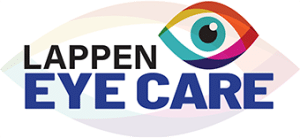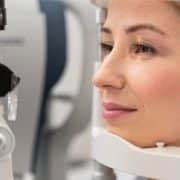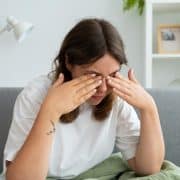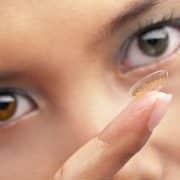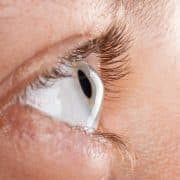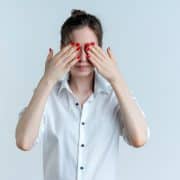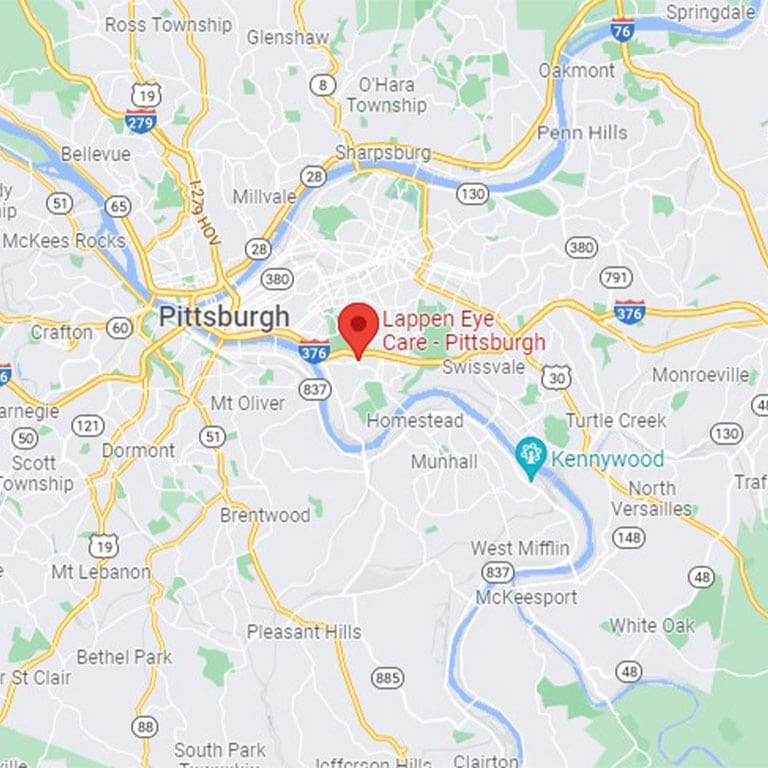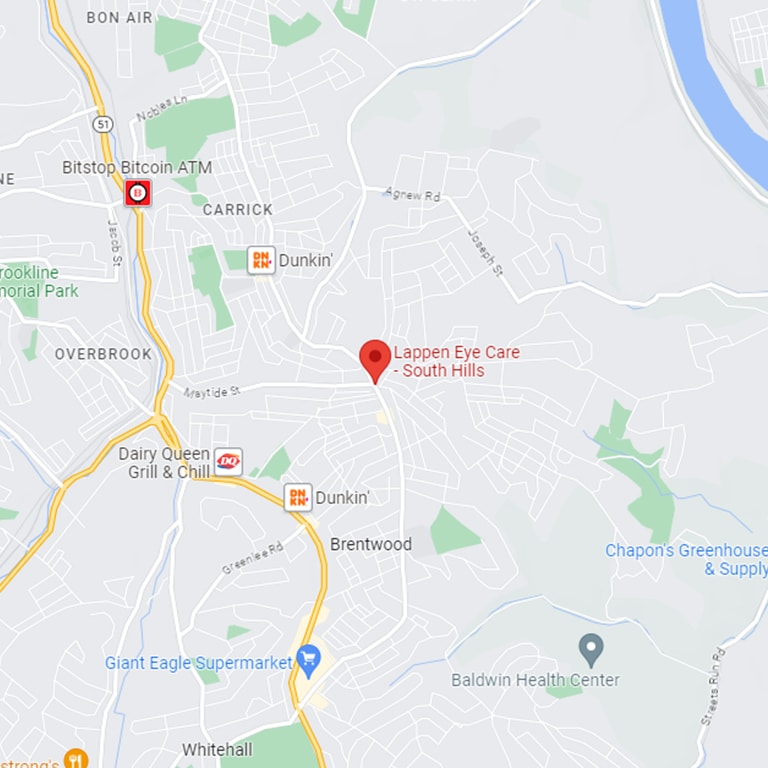Dry Eye Relief: Practical Tips for Everyday Comfort
Dry eye is a familiar, uncomfortable sensation, especially in today’s digital world. Gritty, itchy eyes are frustrating, but the good news is that a few minor lifestyle changes can make a difference. As part of our medical eye care in Pittsburgh, PA, our professionals can offer tips for things you can do each day to relieve or prevent dry eye syndrome.
Effective Hydration
Put simply, dry eye syndrome is about hydration, not just for your body but also for your eyes. Dry eyes occur when something interferes with the healthy tear film layer over your eyes. That ‘something’ could be anything from excess screen time to normal aging.
Proper hydration for dry eyes covers three key categories:
- Drinking enough water throughout the day—Water is crucial for tear development.
- Lubricating your eyes—Your eye doctor in Pittsburgh, PA, might recommend an artificial tear product to lubricate the tear film layer.
- Keeping the air moist—This is essential in the winter when the heating systems dry the air.
Moisture is the key to protecting your eyes and keeping them lubricated.
Lifestyle Adjustments
Blue light and screen time can significantly contribute to dry eye syndrome. When you stare at a screen, you blink less and strain your eyes.
A practical way to reduce eye strain is to make adjustments in front of a screen. First, make sure the screen is at least an arm’s length away from your face—that includes your smartphone. Position screens just below eye level, as well.
Also, follow the 20-20-20 rule to give your eyes a break. This rule involves staring at something 20 feet away from you for 20 seconds every 20 minutes.
If these tips don’t alleviate your dry eyes, you should make an appointment with an eye doctor in Pittsburgh, PA, for professional help. Call us today and set it up.

